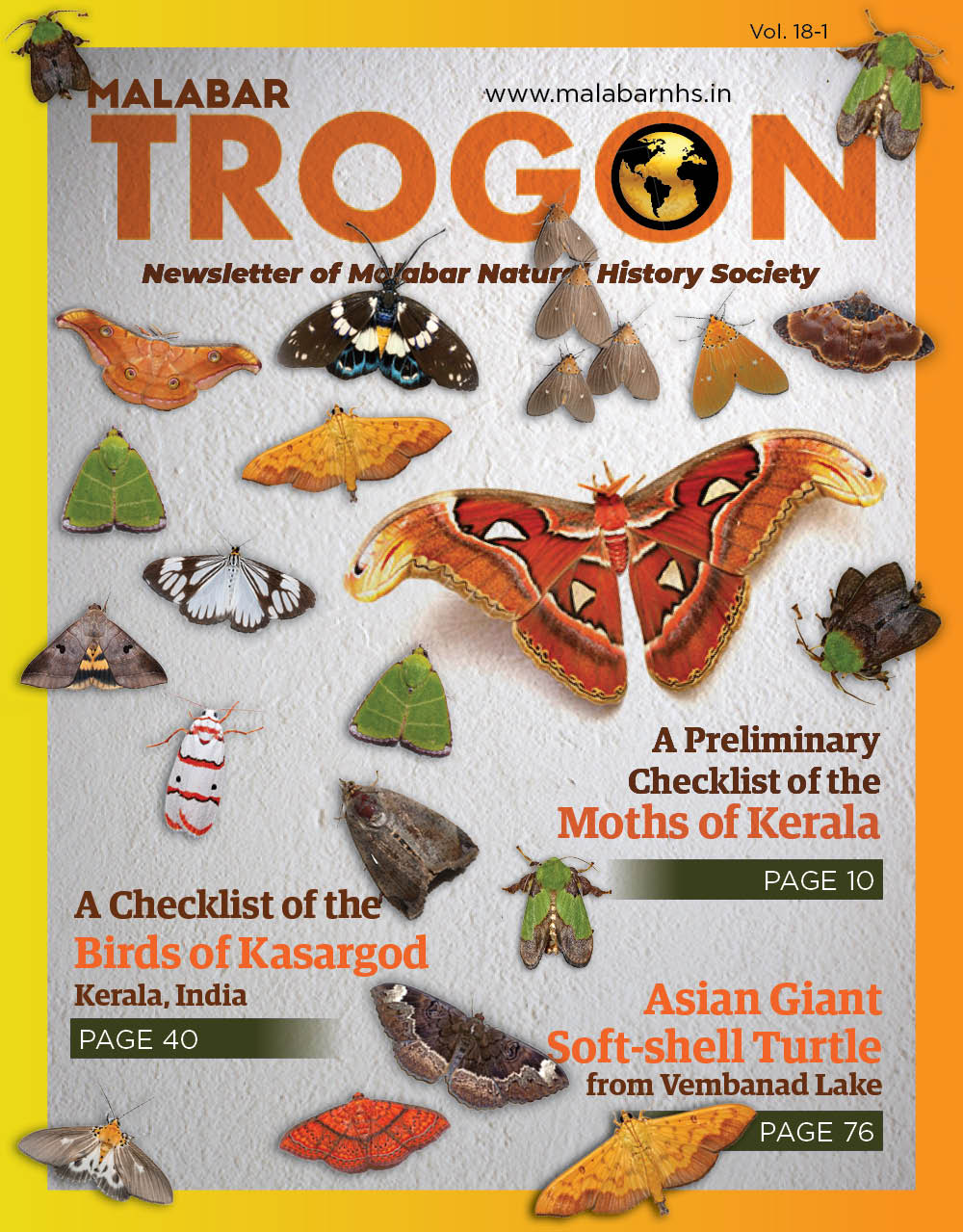The whole world is going through an unprecedented crisis due to the global pandemic Covid 19. No other situation has succeeded in bringing humanity
to its knees in recent times and the majority of us have not experienced anything similar to this. Almost all the people in the world have been confined to their homes for several days and the activity in teeming cities, production centers and markets have come to a grinding halt. No end to the dark tunnel is visible as yet. Even if the fury of the virus subsides in the near future, it may take a long time for the global economy to rise from the shambles it lies in now. How the societies and nations will survive this disaster is anybody’s guess.

A comparable pandemic is the Spanish Flu which infected an estimated 500 million people all over the world in 1918 and killed up to 50 million people. Several such infectious diseases appeared on the earth after this – Asian flu (1957), HIV (AIDS) (1981 – present), SARS (2003) to name some of the major ones. With such a history, especially that of zoonotic pandemics such as AIDS, Ebola, SARS etc., a new pandemic outbreak was actually bound to happen. Reputed science and nature writer David Quammen in his book Spillover published in 2012 says, “Some knowledgeable and gloomy prognosticators even speak of the Next Big One as inevitability… Will the Next Big One be caused by a virus? Will the Next Big One come out of a rainforest or a market in southern China? Will the Next Big One kill 30 or 40 million people?” and this is exactly what happened! Originating in Wuhan city of China, purportedly in a ‘wet’ market, in December 2019, Covid 19 has already infected almost 9 million people and the fatality numbers as of today are about 500,000.
Many wild animals are ‘reservoir hosts’ of virulent pathogens (virus, bacteria, fungi etc.). The pathogens in certain conditions then jump to an ‘amplifier host’ from which they ‘spillover’ to humans. “And they are not happening to us; they
represent the unintended results of things we are doing… How do such diseases leap from nonhuman animals into people, and why do they seem to be leaping more frequently in recent years?… Human-caused ecological pressures and disruptions are bringing animal pathogens ever more into contact with human populations, while human technology and behavior are spreading those pathogens ever more widely and quickly”, says Quammen. As we found out in the case of Covid 19, the infection was carried far and wide across the world, blowing it up into a global pandemic in a very short time. The present crisis is a warning to the humanity to ponder. We should leave Nature alone with all the respect it needs, rather than tampering with it. We shall definitely overcome the present pandemic, sooner or later. But, this may not be the last pandemic to devastate human race, if we do not take this warning seriously.

